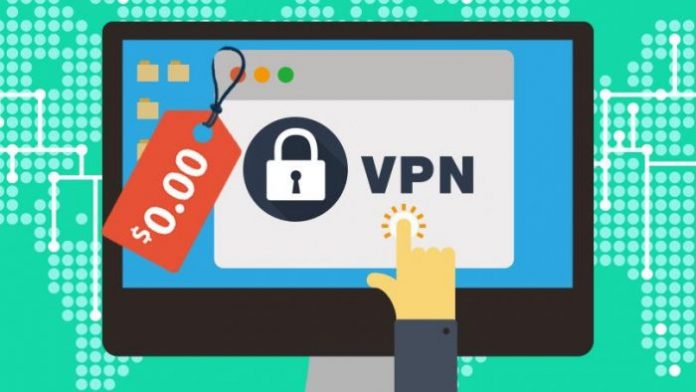If you are going to be carrying out some serious business online e.g. carrying out online transactions, running a blog or an online store, etc., it is highly important to protect yourself, your personal data and information, and said serious business. That being said, the question now is ‘How can you protect your data?’ and the answer is as simple as it isn’t far-fetched – ‘VPN.’
VPN, short for Virtual Private Network, can be said to a form of software which protects your data and information from the people on the other side of the internet by directing your generated traffic through a server that encrypts said traffic before sending it to the website you intend visiting. To decide what VPN is best for you, we are going to need to carry out some VPN service comparison between the two forms of VPN: Free VPN and Paid VPN.

-
Free VPN
Starting this VPN service comparison, Free VPN as the name implies is the form of VPN that is free, where users do not need to pay subscription fees to access their services. These forms of VPN, while somewhat effective have been found to have some glitches in them as do virtually all free things.
For instance, most of them only offer the PPTP protocol which most in-depth internet users tend to shy away from because while it may successfully hide your IP address, it doesn’t guarantee the security of your data.
Then, there is the possibility of their servers being slow and congested as many people are bound to jump on the free wagon. Should this happen, users would experience occasional abrupt disconnections and while you might not mind that if you’re on Google, you definitely would if you’re carrying out an online transaction.

-
Paid VPN
A paid VPN is the form of VPN where users are required to pay a monthly subscription fee before they are able to access their services. The service providers then make use of this subscription fees to further better the software, and this makes it superior to Free VPNs in many ways.
For one, they offer their users a lot of protocols such as OpenVPN, L2TP, and IPSec. These protocols guarantee more security of your data and personal information than the PPTP you will most likely get with free VPNs.
Speaking of the speed of their connection, you can be rest assured that paid VPNs servers won’t get as congested as their counterpart to the extent of becoming slow. This is because they have been well established to handle traffic regardless of how much.
To top it all off, paid VPNs usually come with a customer care team ever ready to answer to their users’ complaints and enquiries. This is possible because of the subscription fee paid by their users.

In Conclusion…
If all you do online is Google and visit sites to read posts and feel you need a VPN, a free VPN which can successfully mask your IP address should work for you. However, if you do more complex things and really need to hide sensitive information from hackers and other evil internet personnel, it is advised you invest in a good paid VPN. There are lots of them, you just need to carry out a well-researched VPN service comparison.





